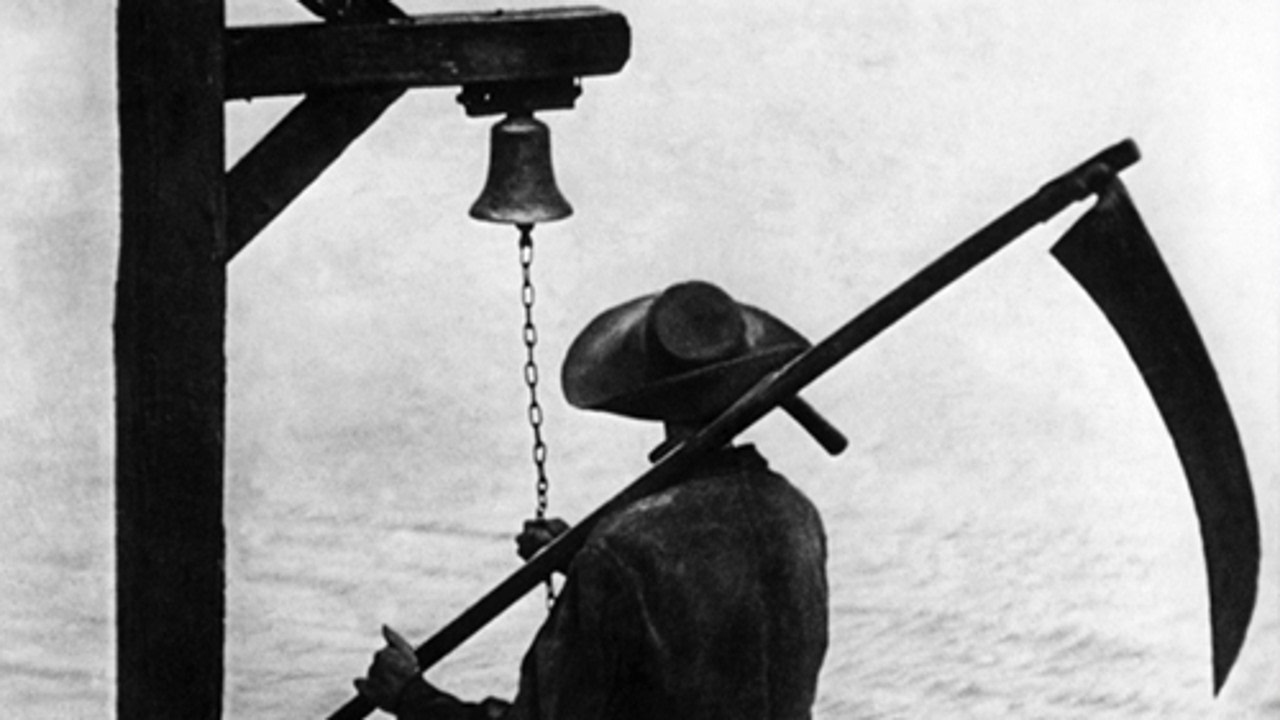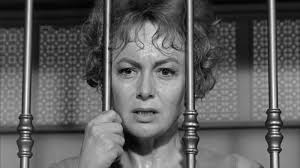Just as the title suggests, Eating Animals is a documentary about the American factory farming system. Director Christopher Dillon Quinn (West of Memphis) based the film on the book of the same name by Jonathan Safran Foer (Extremely Loud & Incredibly Close), and it essentially, through interviews and investigative footage, follows the lives and times of a handful of the farmers that bring animals like turkeys, chickens, and pigs from the farm to the table.

Instead of being high-and-mighty about its subject, however, Eating Animals is a sympathetic view towards slaughter, condemning the faceless factory farming system while humanizing the individual farmers. The film shines a light on unscrupulous practices such as tournament farming, which pits farmers against each other for contracts from the big industrial meat processing companies, and genetic modification, which is the method of medically breeding animals to yield the most edible meat regardless of the welfare of the animal. But the farmers that are forced to play ball with these rules are shown as victims rather than killers.

Throughout the film, Quinn pits the farmers against the corporations. In their interviews, the farmers talk about the “meat industry disconnect” that the general public feels where they don’t realize that an animal had to be murdered in order for the consumer to eat it. The farmers even discuss the “tough moment” of slaughter, where they have to kill an animal that they have taken care of and have developed a sentimental attachment to, simply because that’s what they do – that’s how food gets put on their table, too. Granted, this is not going to generate a ton of sobs from the hardcore vegans out there, but Quinn goes out of his way not to villainize the farmers.

The corporations are another story. They are the real enemy in the movie, and Quinn spends time showing both the horrible conditions of their factories as well as the pollution that their processing dumps out into the world. One of Quinn’s interview subjects is a veterinarian who has seen how many rules and regulations have been broken – in his own words, he “knows where the bodies are buried.” By going public with his findings, he was forced into hiding, and the effects of his whistleblowing ruined both his career and his marriage. It’s a testament to the power of the meat processing industry – they can ruin anyone who stands in their way.

Although it’s an independent documentary, there’s an air of Hollywood to Eating Animals. The film is narrated by Academy Award winning actress Natalie Portman (Black Swan, Jackie), who also produced the film. It’s also got a moving score by Daniel Hart (A Ghost Story, Pete’s Dragon). Between Portman’s smoky voiceover and Hart’s haunting soundtrack, there’s a slickness to Eating Animals that is absent in many socially conscious documentaries. This gives the film a “pop” feel, making it more accessible than the average nonfiction film about farming.

Animal activists are always on the lookout for documentary films that prove their point, and they love to embrace and share them. Eating Animals is not going to serve this purpose, because it views the systematic slaughter of animals by humans as a natural part of the food chain (Chris Delforce’s Dominion is a better example of an animal exploitation documentary). Eating Animals is a rather safe movie, leaving a few threads intact that really should be tugged at a bit further (early on in the film, a polluted river is exposed, but the film quickly moves on instead of exploring the damage further). The theme of the film is supposedly that “Man is Goliath, and nature is David,” but that’s not quite the message that it sends. It’s more of a “small farmer vs. big industry” movie. Which is a fine story to tell, but it’s less about conservation and more about corporation.


